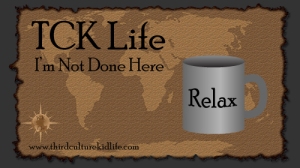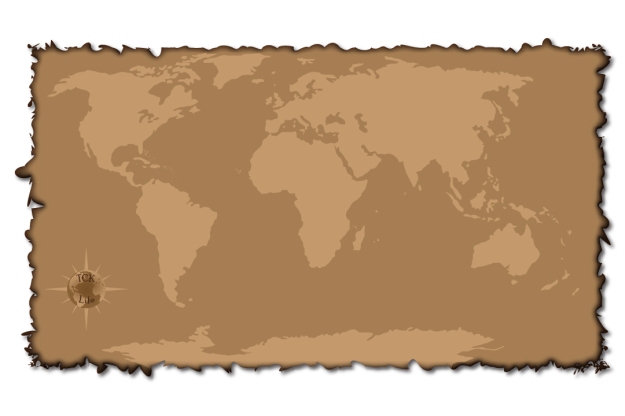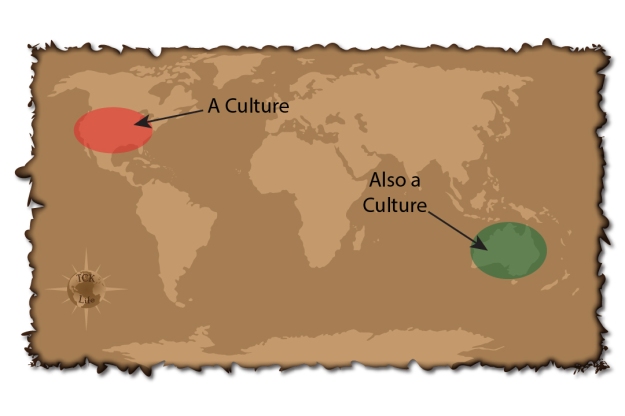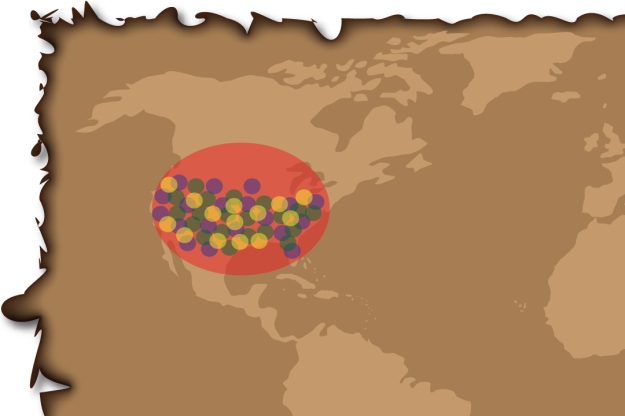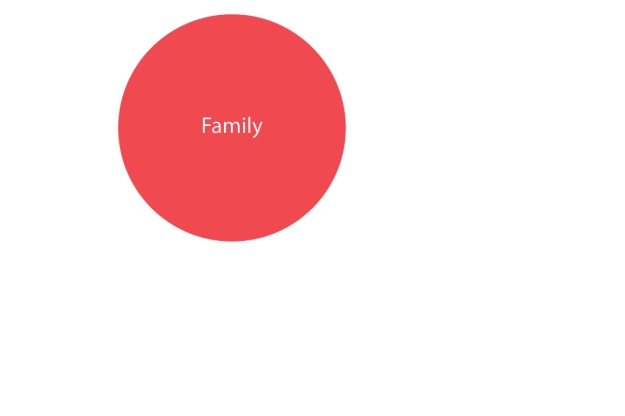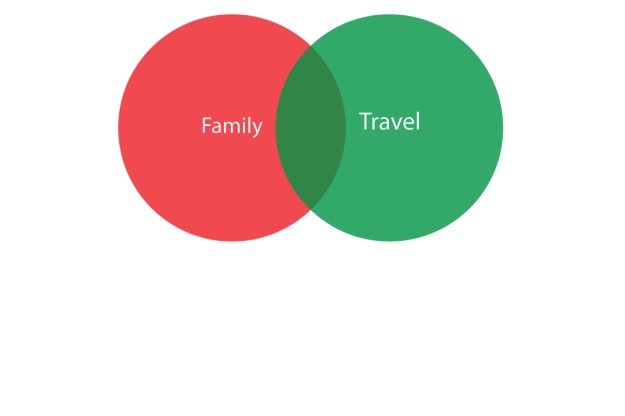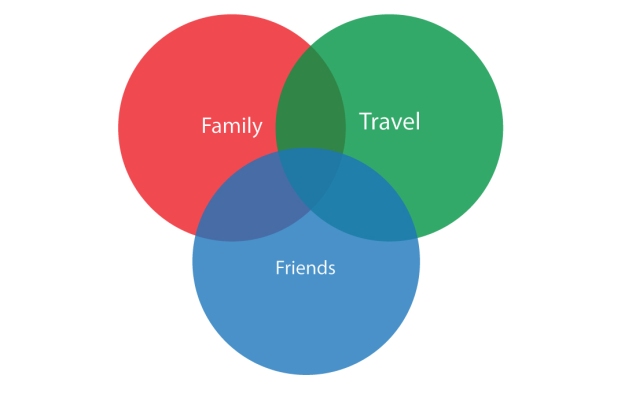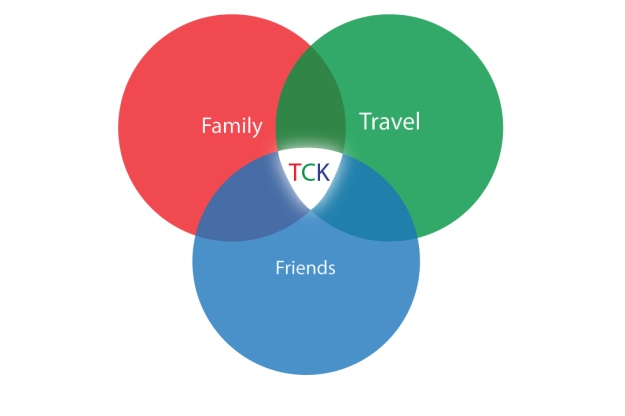 Leaving our lives behind is a concept that is inherent in every single Third Culture Kid’s upbringing. As far as foundations are concerned, the idea that a departure is always imminent is probably the strongest baseline you can find in the highly jumbled subcultures of TCKs from around the world. TCKs share very little when it comes to the cultural developments that made them, but they are all so close in the foundations that built them into the people they became. They are built out of leaving their lives behind, built of loss, adoption, and absorption. Of starting again, and applying the lessons learned of the past to new and interesting cultures that surround them. And their ability to adapt, to bounce back from loss and create something new from the rubble of their previous lives is all because they started this journey learning that loss is always more than probably, it is inevitable.
Leaving our lives behind is a concept that is inherent in every single Third Culture Kid’s upbringing. As far as foundations are concerned, the idea that a departure is always imminent is probably the strongest baseline you can find in the highly jumbled subcultures of TCKs from around the world. TCKs share very little when it comes to the cultural developments that made them, but they are all so close in the foundations that built them into the people they became. They are built out of leaving their lives behind, built of loss, adoption, and absorption. Of starting again, and applying the lessons learned of the past to new and interesting cultures that surround them. And their ability to adapt, to bounce back from loss and create something new from the rubble of their previous lives is all because they started this journey learning that loss is always more than probably, it is inevitable.
Human kind lives in a world where society is still highly pocketed. Cultures exist within cultures, and many of those cultures rely and thrive on a degree of isolation. People cross cultural boarders more so than ever before, but in reality these borders still exist within the confines of an isolated and highly compartmentalized social and developmental structure. The world is getting smaller, but the rate of cultural adaptation hasn’t kept pace with humanity’s abilities to blur the lines within the cultures we inherit.
That is, with exception to those that have been thrust, most unwillingly, into the Third Culture.
The Third Culture is the closest we have come to defining human kind’s ability to embrace cultural adaptation. It starts with a core self identity crisis, in which a Third Culture Kid hits a wall in their lives where they suddenly realize that they are no longer truly a member of the culture of their parents’ culture. For some, this wall is mountainous to overcome. For others, it’s a small hurdle cleared with ease. But that realization hits every TCK at some point in their lives, and from that moment forward they will be tasked with the endless struggle of finding what it is that makes up their cultural identity.
From here, a TCK picks and chooses the pieces of his or her life that hold the most value to who they think they are. A little bit of culture “A,” a lot of culture “B,” and a dash of culture “C” all lends to the creation of a person who can transcend any culture they’ve touched, make themselves part of it, make themselves welcome and comfortable, but never truly becoming a completely interwoven part of the culture itself. This picking and choosing allows for the cross pollination of cultural ideas from a party that the impacted culture can trust, while offering a sponge of cultural absorption in the TCK who will carry the elements of the culture they’re interacting with onto every culture that follows.
The TCKs lack of ability to truly be indoctrinated by any one culture means that they will always be on the move, always looking for new pieces of the puzzle of self identity. This is the drive for forward momentum, like seeds being spread across a field in the wind. Everywhere a TCK goes, they evolve, become different, absorb new cultural elements. Then, when they leave, they leave behind a piece of so many cultures that will be absorbed into the culture they have departed, and the TCK takes with them even more cultural quirks to spread into the next culture they encounter.
As the world gets smaller, we are approaching the point in which culture will inevitably have to change. It may not be in the generation of the millennials, or the generation that follows them immediately thereafter, but soon, at least from a galactic perspective, the entire cultural foundation upon which civilization has been built will have to confront one of two outcomes should humanity choose to survive:
The first and most brutal is a complete cultural reversal. Inspired by mass extinction events of the past in which entire species are wiped out, we are looking at a potential Cultural Shut-down. Any large event, a World War, a technological hiccup that shoots us back in time through our ability as a species to harness technology, will distance us from one another once again and strengthen our ties to individual cultures, making cross pollination of cultures unnecessary and unwanted.
The second, and hopefully more likely, is Cultural Survival through Evolution. Globalization comes at a price. It unifies ideas, people, and minds. And at the same time, it forces the segregation of independent cultural norms that we accept in our current societal state. As the ability to travel comes ever simpler, as cultures rely more heavily on each other to prosper and survive, cultural blending will become absolutely inevitable. Language barriers will collapse. Food sources will be shared. Trade will increase. Boarders will weaken. And in that process, cultures will be mixed more heavily with one another unlike ever before in human history, fuelled by technology that was unimaginable in the days of isolated cultures.
This transition is happening now, only in its infancy, and that infancy lives within TCKs everywhere. TCKs are the signs of a world to come in which culture isn’t about isolation, but rather the sharing of ideas and theories. Many cultures will, albeit sadly, fade away into oblivion with countless millions of forgotten cultures before them. But in the end, we will have a more global society built upon the best pieces of the cultures we experience now.
That transition is many years away. Centuries, perhaps. But if the rapid growth of TCKs shows us anything, it’s that their self identity in culture, the adaptability of human kind, is the gift that they will leave behind for the generations that follow. TCKs are paving the way for a future that they will never live to see. But the future of our species depends on cultural adaptation, and TCKs are already doing something that has never been done before. They’re growing in numbers, and manipulating cultures in a world that has the technology and power to experience the difference adaptability makes in its every corner.
And that adaptability will be the idea that carries our species forward into a world of true globalization. It will be the gift that every Third Culture Kid will leave behind, for the generations that follow.
__________
Post by: James R. Mitchener





